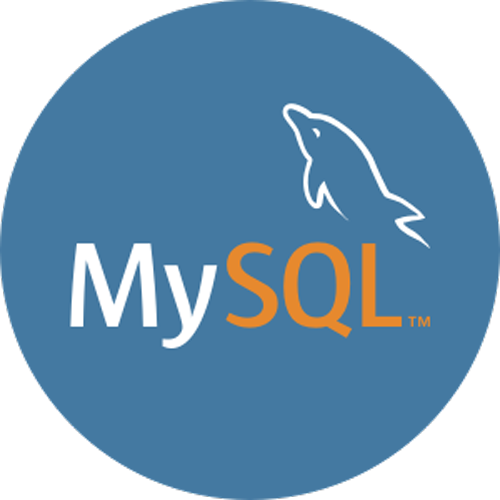MySQL Classic Edition is the ideal embedded database for ISVs, OEMs and VARs developing read-intensive applications using the MyISAM storage engine. It is proven as a high performance and zero administration database.
- Lower TCO - MySQL enables you to minimize your database TCO.
- Ease of Use - MySQL is famous for "15 minutes to success" from download to install.
- Low Administration - MySQL is easy to administer, enabling DBAs to manage more servers.
- Supports over 20 platforms and operating systems including Linux, Unix, Mac and Windows so you have ultimate flexibility in development and deployment options.
MySQL Classic Edition is only available to ISVs, OEMs and VARs to license as an embedded database.
When you need additional capabilities it is easy to upgrade to MySQL Standard Edition, MySQL Enterprise Edition or MySQL Cluster Carrier Grade Edition.
What's New
Changes in MySQL 9.0.1 (2024-07-23, Innovation Release)
Bugs Fixed
- InnoDB: In some cases, following the creation of a very large number of tables (8001 or more), the server could not be restarted successfully. (Bug #36808732)
- References: This issue is a regression of: Bug #33398681.
- InnoDB: Improved tablespace file scan performance at startup. (Bug #110402, Bug #35200385)
- Group Replication: Running a CREATE TABLE ... SELECT statement on a source coming from an asynchronous channel to Group Replication led to errors on the replica. (Bug #36784284)
This section summarizes what has been added to, deprecated in, changed, and removed from MySQL 9.0 since MySQL 8.4. A companion section lists MySQL server options and variables that have been added, deprecated, or removed in MySQL 9.0; see Section 1.5, "Server and Status Variables and Options Added, Deprecated, or Removed in MySQL 9.0 since 8.4".
Features Added or Changed in MySQL 9.0
- JavaScript stored programs. MySQL Enterprise Edition now includes support for stored programs written in JavaScript, such as this simple example created using the CREATE FUNCTION statement and JavaScript code
- Support is included for both stored procedures and stored functions written in JavaScript, and is provided by the Multilingual Engine Component (MLE). For more information about determining whether your distribution includes this component, and enabling it, see Section 7.5.6, "Multilingual Engine Component (MLE)".
- JavaScript language support in MySQL conforms to the ECMAScript 2023 Specification, and uses strict mode by default. Strict mode cannot be disabled. This implementation includes all of the standard ECMAScript library objects such as Object, Function, Math, Date, String, and so forth. console.log() and console.error() are also supported (see Section 27.3.9, "JavaScript Stored Program Examples").
- Most MySQL data types are supported for JavaScript stored program input and output arguments, as well as for return data types. Strings must use the utf8mb4 character set. MySQL BLOB and TEXT types are supported, as are many MySQL temporal types. JSON is also supported. The VECTOR type is not supported by the MLE component or by JavaScript stored programs. for more information, see Section 27.3.4, "JavaScript Stored Program Data Types and Argument Handling", and Section 27.3.8, "JavaScript Stored Program Limitations and Restrictions".
- Stored programs written in JavaScript support an API for executing and retrieving results from SQL statements, provided by the MLE component. See Section 27.3.6, "JavaScript SQL API", and Section 27.3.7, "Using the JavaScript SQL API", for more information. Prepared statements are also supported in JavaScript stored programs; see Section 27.3.7.2, "Prepared Statements".
- The MLE component provides a number of session information and management functions including mle_session_state() and mle_session_reset(). Section 7.5.6.1, "MLE Component Option and Variable reference", and Section 7.5.6.2, "MLE Component Status and Session Information", provide information about MLE configuration options and status variables; see also Section 27.3.5, "JavaScript Stored Programs – Session Information and Options".
- VECTOR type support. MySQL 9.0 supports a VECTOR column type. A vector is a data structure which consists of a list of entries (4-byte floating-point values) which can be expressed either as a binary string value or a list-formatted string. A VECTOR column is declared with a maximum length or number of entries (in parentheses); the default is 2048, and the maximum is 16383.
Read the complete release notes here.

